The traditional darkroom is, at least until now, a firmly indoor pursuit. Hunched over a blinking enlarger, the room bathed in red light – the time slips by, and day disappears into night. But we at the Sustainable Darkroom believe that the darkroom’s future is rooted in the outdoors; in the shovel of soil, the falling rain, and the growth of green shoots towards the sun.
That is why, with the support of the Genesis Foundation, we have launched our Photographic Garden residency program, housed at our Northern Sustainable Darkroom facility in Leeds. If you don’t know – the Sustainable Darkroom is a non-profit organisation started by Hannah Fletcher, and now run in association with myself (Edd Carr), Alice Cazenave, and Eileen White. Our mission is to discover, support, and facilitate the research and development of sustainable alternatives to photographic processes.
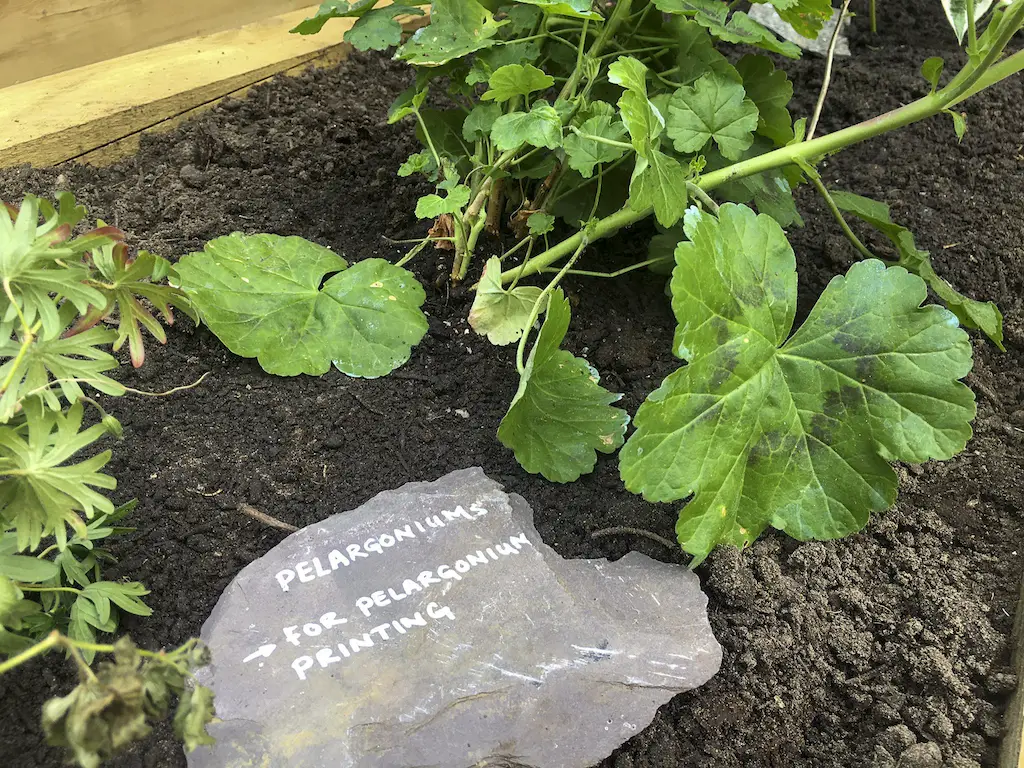
Often these alternatives are sourced from plants, for example: making film developer from different herbs; printing on pelargonium leaves; using St. John’s Wort to extract light-fast pigments; and extracting vitamin C from foraged berries and other plants to replace traditional elements of darkroom chemistries.
And to go a step further, we want to internalise the process within the darkroom ecosystem, by growing our own plants, on site – in the Photographic Garden. But we don’t want Sustainable Darkroom practice to be limited to the list above – which is why we launched an open call, funded by Genesis Foundation, for artists to participate in a garden residency program.

After receiving over 100 applications, we had the difficult task of whittling it down to just 8 artists to receive our Photographic Garden bursary, so they can to conduct a variety of exciting research projects – using the garden and darkroom facilities. Each resident will also be offered the opportunity to exhibit their findings in SCREW Gallery, a new artist-led space in Leeds, UK.
Utilising a series of planter-beds provided by and housed at East Street Arts, our selected residents will spend the year September 2021 – September 2022, developing ideas that could transform the future of sustainable darkroom practice, and potentially photography, forever.

Plant-Based Pigments to Hydroponic Systems
So who did we select – and what are their projects? We aimed to select a range of diverse projects, that would reinforce present research, whilst developing entirely new methods – and reimagine some processes entirely.
For example, sustainable darkroom processes are often limited to black and white or alternative processes (such as cyanotype). Artist and PhD researcher Matthew Beach will be tackling this head on by researching and creating a series of red, green and blue filters (RGB) using plant-based pigments. By combining them with plant-based gelatines, he will be investigating the potential to create colour RGB separations, and conversely CMY print separations on film – transforming the potential for sustainable processes to work with colour (in an unusual yet fascinating way!).
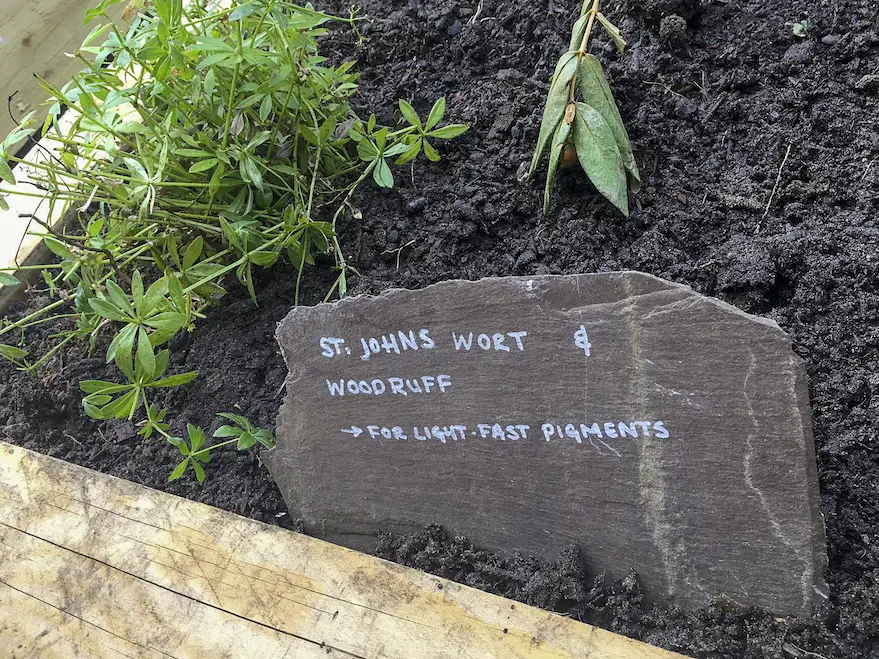
Our next resident, Dutch artist Michaela Davidova, will be addressing one of the most common DIY darkroom issues – silver disposal. Common DIY methods of silver disposal involve the likes of tossing copper in your fix to attract the spent silver, or making a trickle tank where the chemistry passes slowly through steel wool. However, these methods and others involve further use of metals and other materials. Davidova is therefore going to build a hydroponic system, where plants extract the silver from spent fix through their roots – otherwise known as phytomining.
Following in this vein, we have Jonathan Bradley, a darkroom tutor and waste-management enthusiast! He will be going deep into the chemistry side of things, by looking at specific plant compounds that can be used for silver complexing in exhausted fixative, replacing more harmful commercial compounds. He will also be comparing the power of plant-based developers against commercial developing agents, and investigating possible alternatives to Cyanotype solutions using plant extracts.
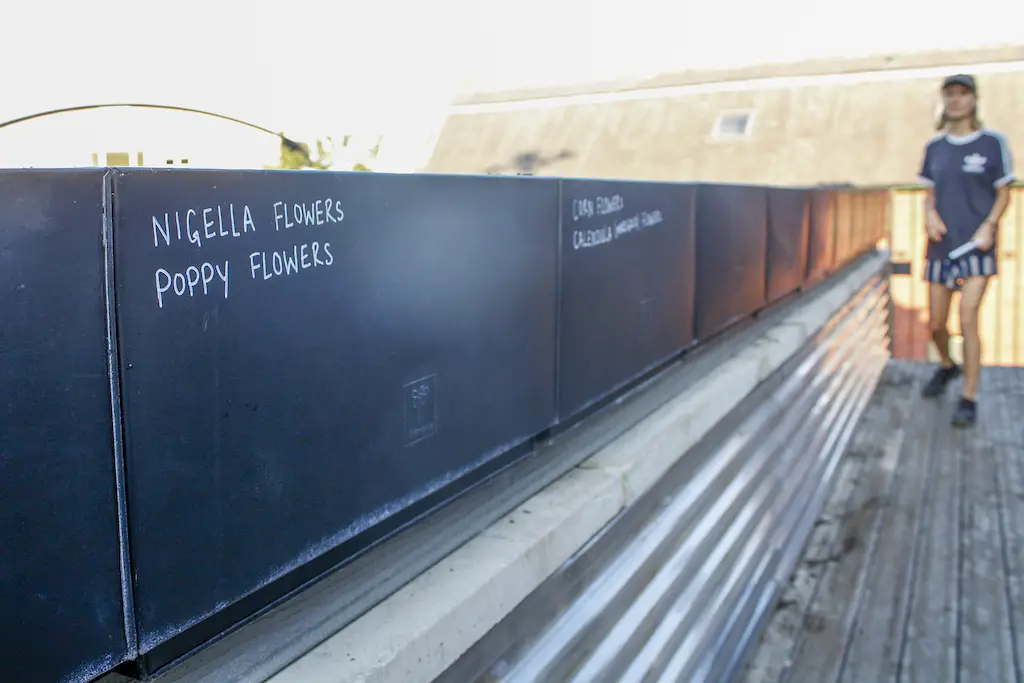
Plastic-Eating Fungi and Solar-Powered Cameras
Besides silver, plastics are another problem that we frequently have to deal with – in the darkroom and our daily lives. Whether it is offcuts from a reel of film, scraps of acetate from alternative processes, or the resin layer of resin coated photo papers. Artists Alice Campos and Daisie Jacobs are teaming up to reduce darkroom plastic waste, through the magic of fungi. Certain types of fungi have been found to degrade plastics – and so the duo will start by trying to consume the resin layer of common photo papers. If the paper fibres remain (post-resin consumption), then they will look into it as a potential nesting material for birds.
And when we aren’t providing nest material, we’re brewing up delicious cups of tea (that can also be used to develop your film!). Charlotte Smithson will be using the photographic garden to grow a variety of blended medicinal teas. The teas will be grown with deliberate health benefits in mind – whilst also being powerful non-toxic developing agents for film stocks. She will also be observing the lunar cycles, and how this affects the potency of the chemicals in the teas. The effect of lunar cycles on plants has been revealed to be significant, and could vary developing abilities and times within a photographic context.
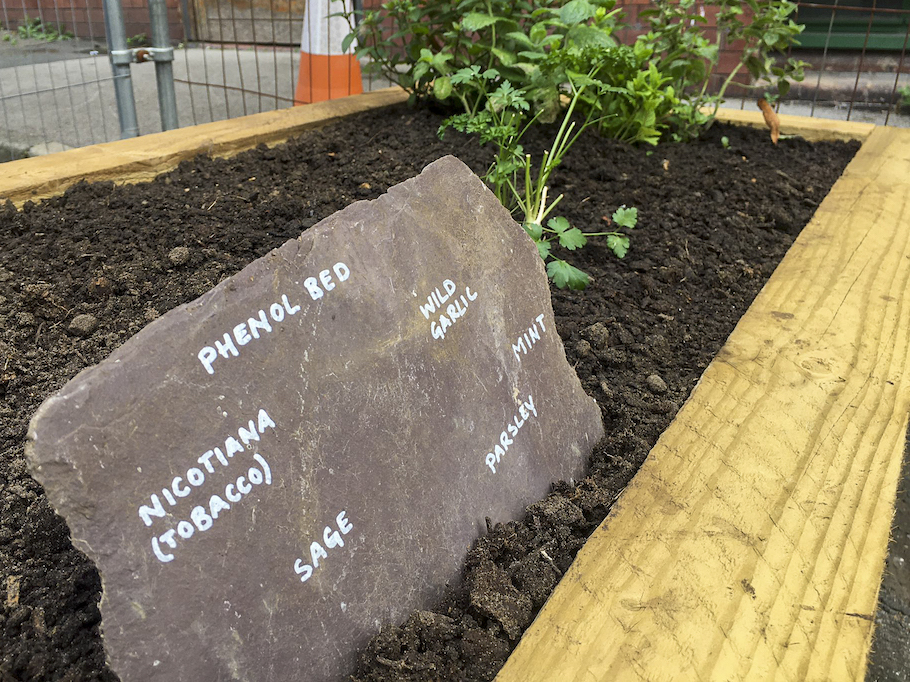
However, if plants aren’t your thing – then we have computational artist Felix Loftus using the residency to create a digital environmental camera. Based on ‘low-tech’ principles, the camera will be modular, portable, and sustainably-powered by wind and sunshine. Utilising mostly salvaged parts, the camera will incorporate a number of biosensors into its hardware – meaning it can be directed and controlled through nonhuman interactions. The camera will respond to the movement of plants, and so document the garden with minimal effort. Who said technology and nature couldn’t be friends?
Finally, we have interdisciplinary artist James Sewell creating developer from scratch! Typically, homemade developers need two key ingredients aside from plants – vitamin C powder, and Washing Soda. But Sewell is determined to forge his own by making extracts from plants high in vitamin C, as well as creating his own potash and soda ash from plants as a replacement to store bought washing soda. He will then collate the information into a series of texts that take the form of traditional alchemist manuals, to share our findings with the world!
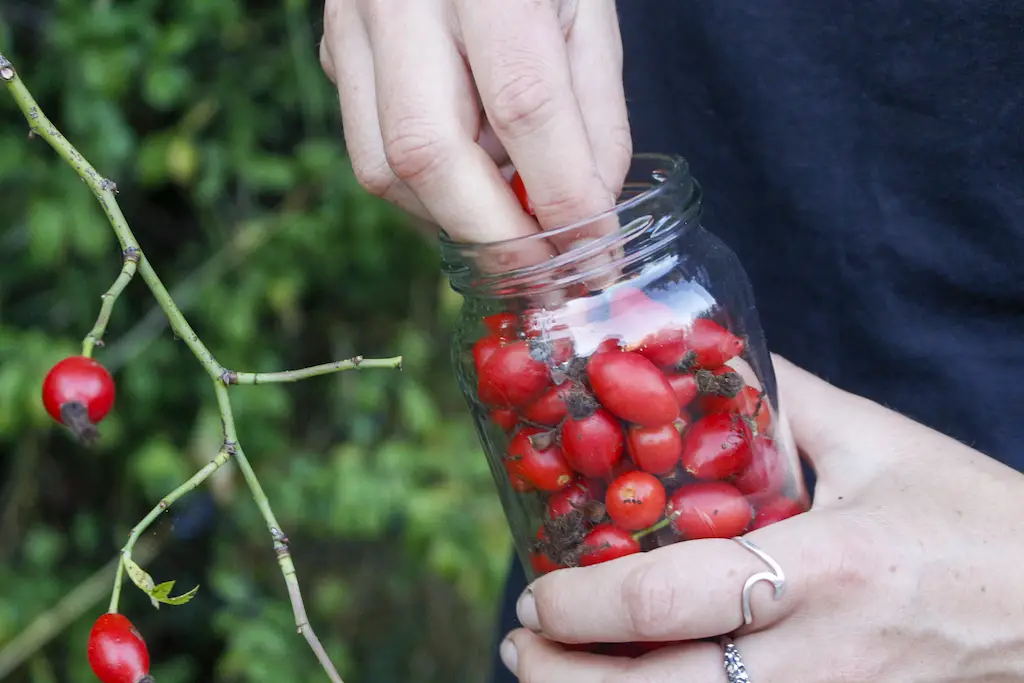
Throughout the year, I will be covering the development of the garden and artist’s projects through a series of articles on 35mmc. So keep an eye out to see how things develop! For more regular updates, be sure to follow @northernsustainabledarkroom and @sustainabledarkroom on Instagram. We also have a Patreon community, with monthly talks, support, and advice on all things sustainable darkroom!
Share this post:
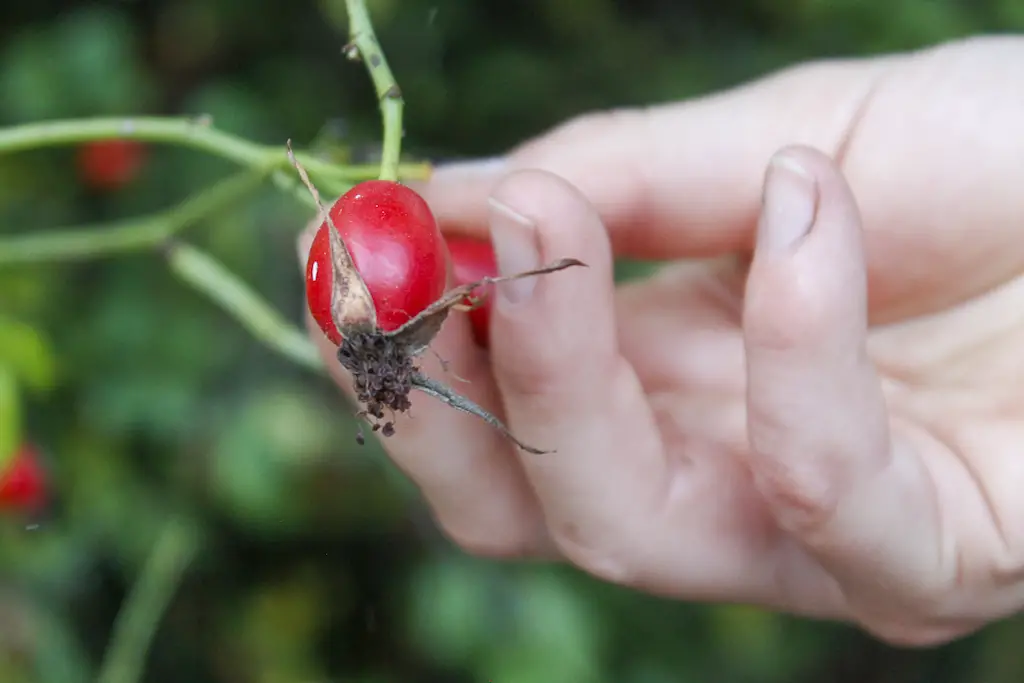
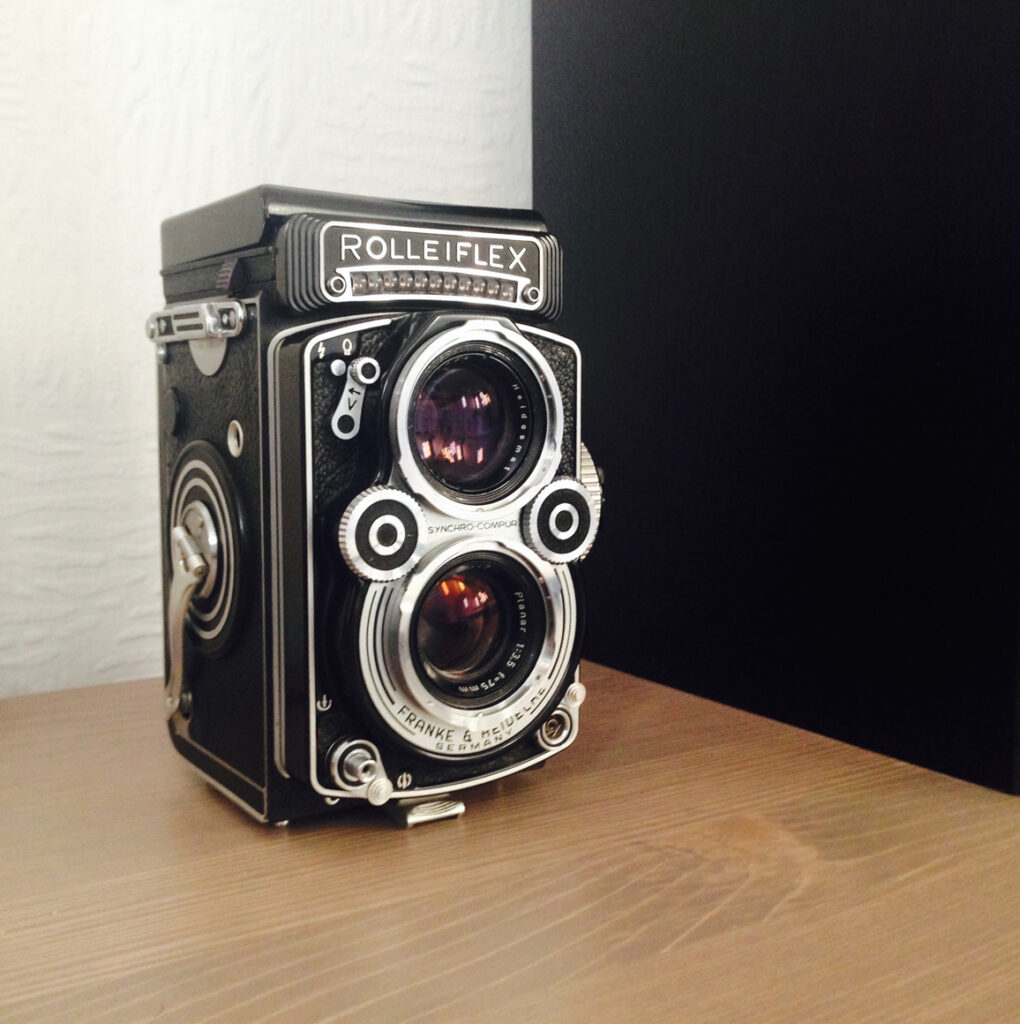
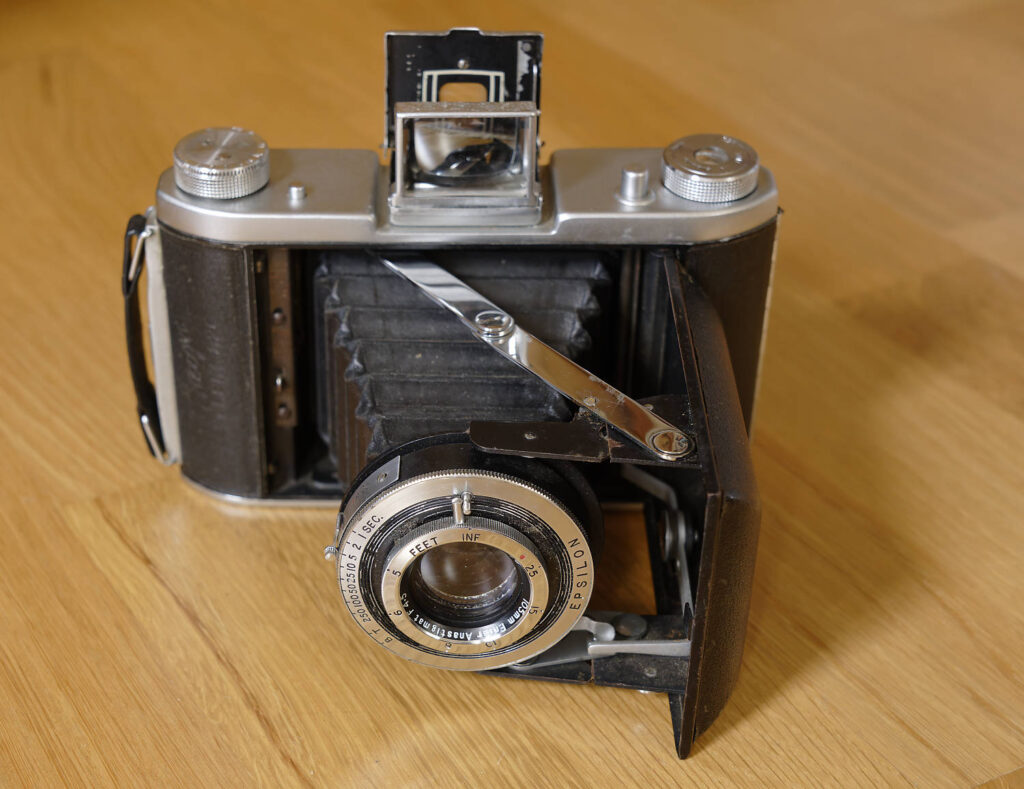
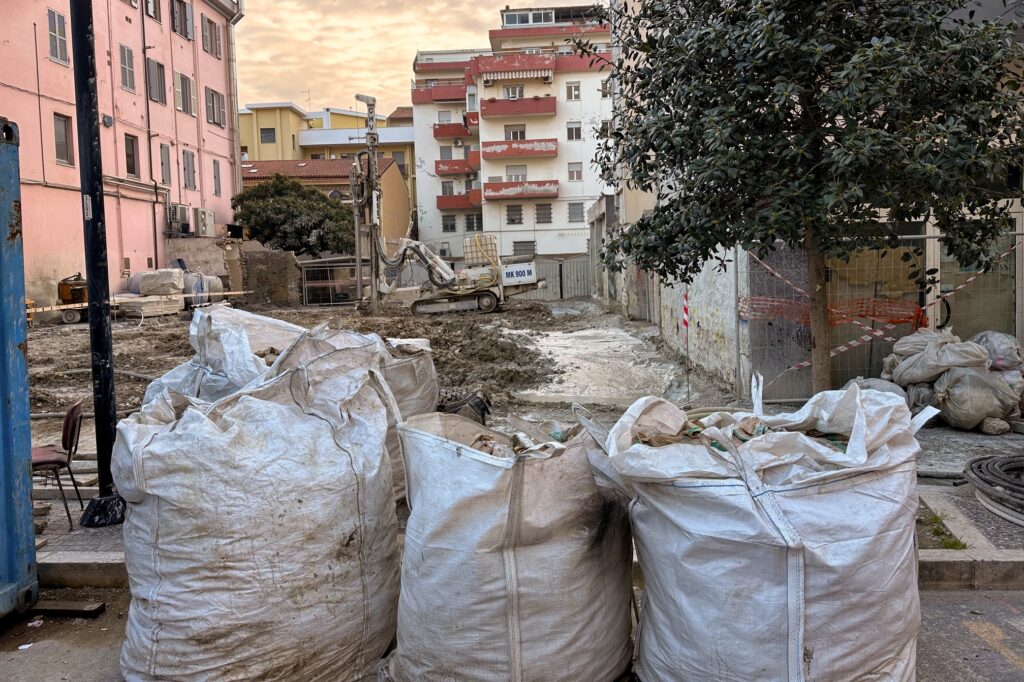
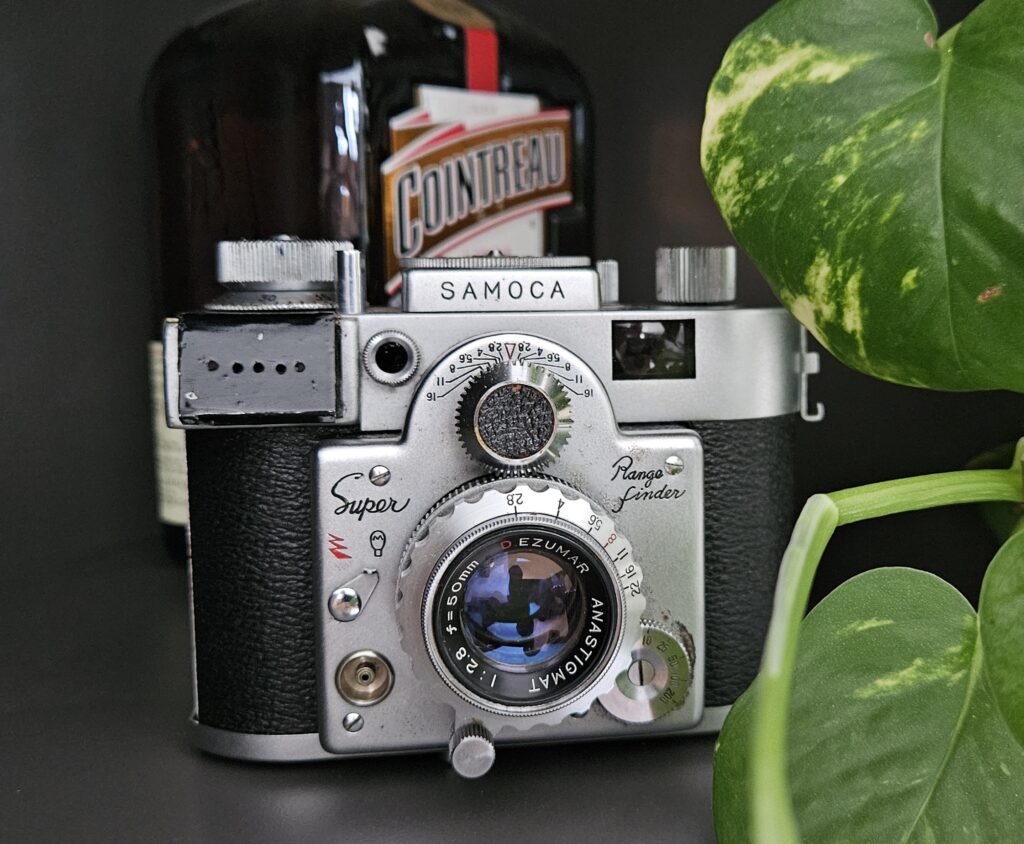




Comments
Kurt Ingham on Sustainable Darkroom Launch UK’s First ‘Photographic Garden’ – By Edd Carr
Comment posted: 26/09/2021
Adrian Rose on Sustainable Darkroom Launch UK’s First ‘Photographic Garden’ – By Edd Carr
Comment posted: 26/09/2021